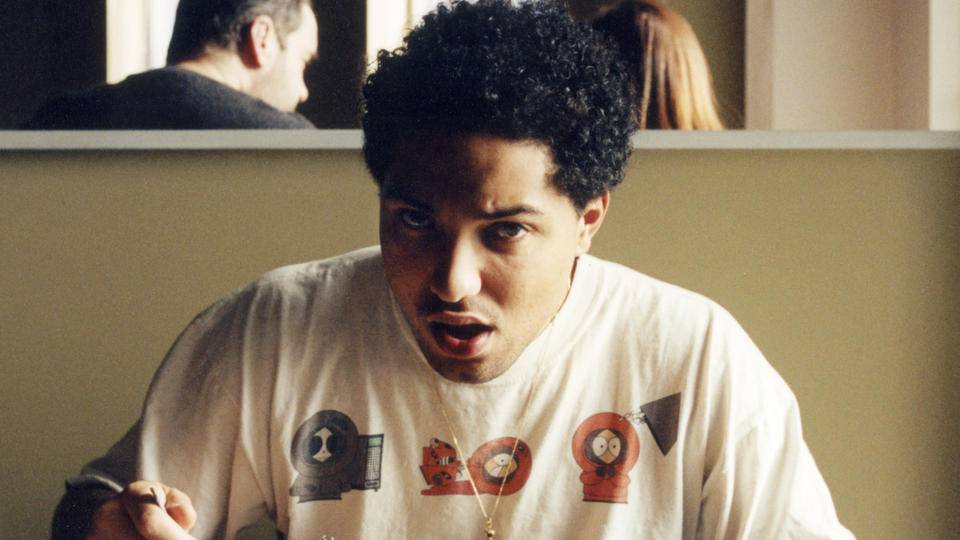Gemma Styles: Is It Ever A Good Idea To Argue On Social Media?

Following Kim Kardashian’s most controversial nude selfie of recent weeks, a constant stream of tit for tat exchanges – mainly played out on social media - has fuelled celebrity news and gossip headlines. What’s the fuss about? Spurred on by the coinciding time of International Women’s Day, everyone and their mum has been jumping in on a swirling worldwide argument – should she have posted this picture?
The full-frontal mirror selfie (strategically censored) was posted to Kim’s Instagram and the comments have swung wildly between supportive… and very unsupportive.
“BAD MOTHER”
“Pure silicone”
“Cos hoes don’t get cold”
The critique, good and bad, that people have been most interested in is that of the celebrity variety. From P!nk to Amber Rose, public figures have been taking to their social media accounts to share their opinion; sadly, a lot of the negative reaction essentially boils down to classic slut-shaming. This has been discussed to death already, but what I’m asking is – is airing your dirty laundry on the public washing line ever a good idea?
On the one hand, if you have an opinion on things that have been put freely into the public forum, shouldn’t you be able to share it? The beauty of platforms like Twitter is that they offer loads of opportunity to communicate with people all around the world, finding new ideas and rationale that might help us to learn more. However – if your ‘opinion’ comes in the form of insulting a wife and mother for showing her body…
The problem with arguments on social media is that they usually spiral way off from the topic at hand. If everyone is concerned with this as a feminist issue, or because of Kim’s right to her expression, then is it that useful to focus on who is disagreeing with who, rather than what they’re really talking about?
There is an element of the ‘damned if you do, damned if you don’t’ about joining online debates. The case of Ke$ha against music producer Dr. Luke, who she alleges sexually abused her, has been another dominating headlines. But what a lot of headlines have concentrated on is supposed “beef” between unrelated parties on their social accounts.
It seems like nobody can escape criticism. Some who speak out will be told they don’t know the facts or that they’re making it about them. Those who don’t make a statement, whether or not they’ve shown support privately, will be told that their silence is shameful.
So what are we to learn from it? Essentially, sometimes, you have to accept that not everyone will like what you say. It would be a shame if our online discussion became completely self-censored for fear of getting a backlash in return. If you’re thinking about wading into an argument, whether it’s a public one like the above examples, or a personal thing between friends – consider whether criticism is constructive or just mean. The instant nature of replying online is great… but not always where hasty arguments are concerned.





